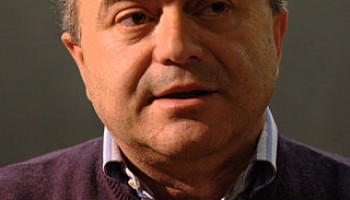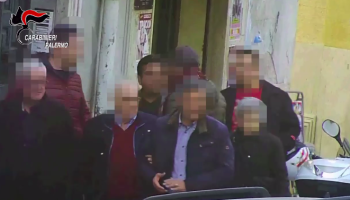Falcone’s death at the hands of the Corleonesi, and the death of his close friend and colleague anti-mafia magistrate Paolo Borsellino two months later, galvanized public opinion against the mafia. Mass protests forced the government to finally crack down on Cosa Nostra activities
“The importance of Giovanni Falcone is so great that it is easy to overlook,” Alexander Stille, a professor at the Columbia School of Journalism who has authored several books on the Italian mafia and produced a documentary about the Maxi Trial, told OCCRP.
“Before Falcone it was considered impossible to prosecute major mafia figures, to develop mafia witnesses and to win convictions at trial. Now these things have become so common that they no longer seem extraordinary – they have become part of the landscape of contemporary Italian life and so, like the landscape itself, easy to forget.”
This is a major achievement for a man who, at the time he was working, wrote that ‘the most revolutionary thing that could be done in Sicily would be to apply the law.’”
Stille says that that premise today remains largely unfulfilled but that the anti-mafia prosecutors working today in Sicily and the rest of Italy continue to use methods pioneered by Falcone and Borsellino.
“In the fight against organized crime, there really are two distinct periods: before Falcone and after Falcone,” said Drew Sullivan, advising editor of the Organized Crime and Corruption Reporting Project. “I think people knew at the time how remarkable he and Borsellino were but 20 years later they have not been replaced.”
On the twentieth anniversary of his death, Falcone’s exhortation to act against injustice still resonates:
“He who is silent and bows his head dies every time he does so. He who speaks aloud and walks with his head held high dies only once.”





